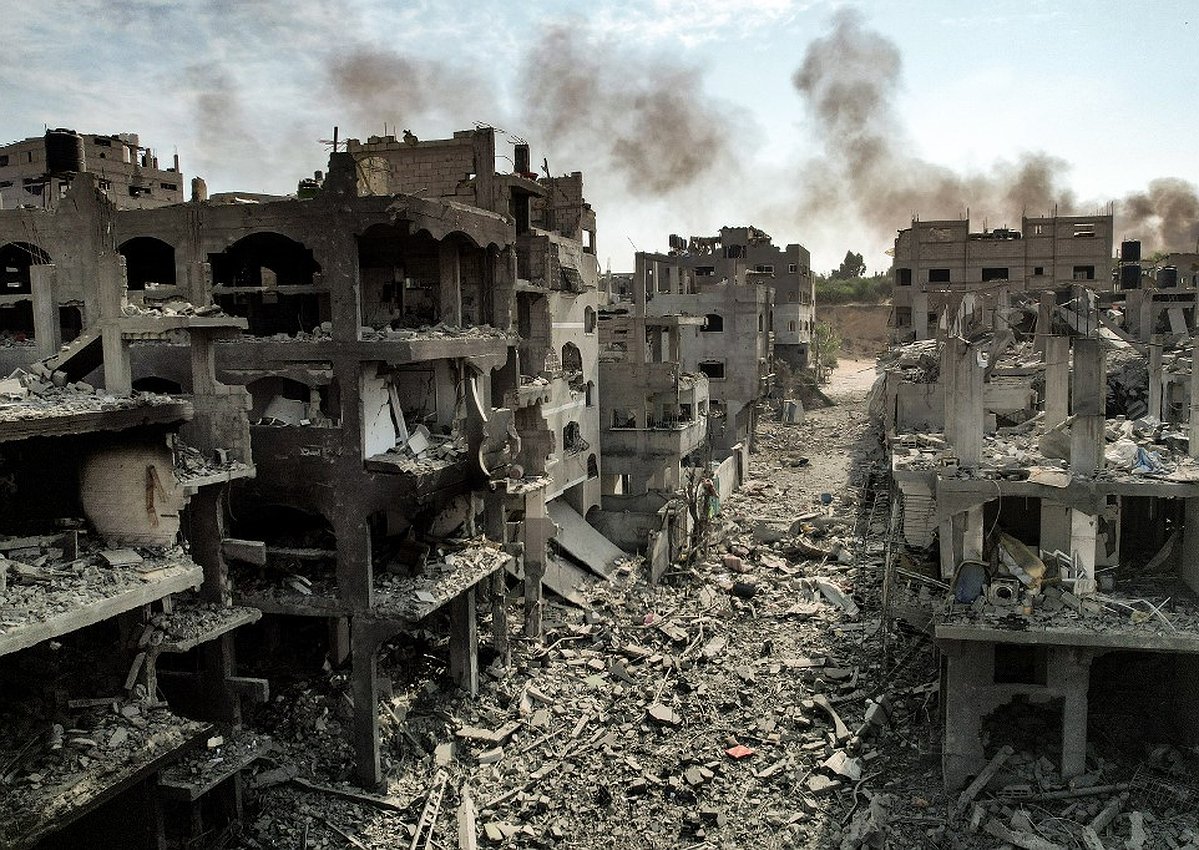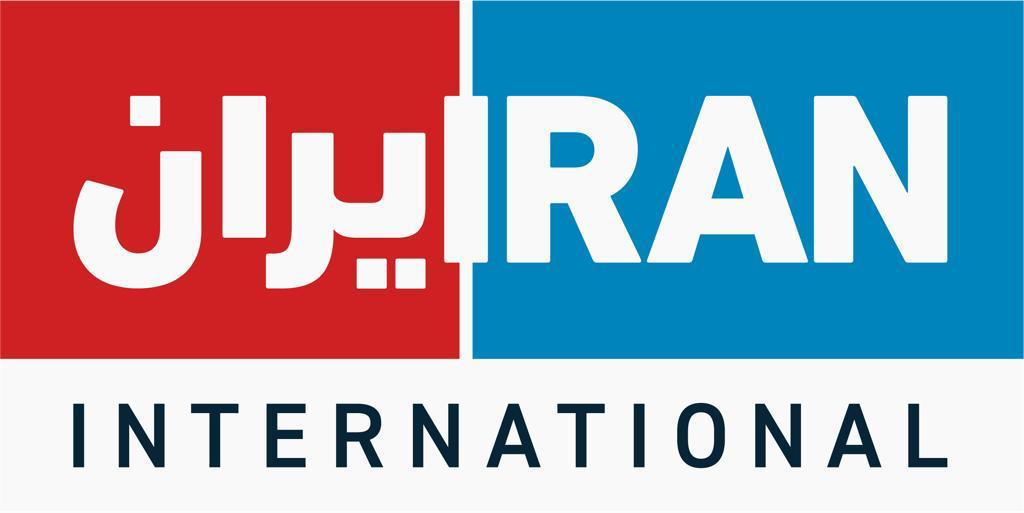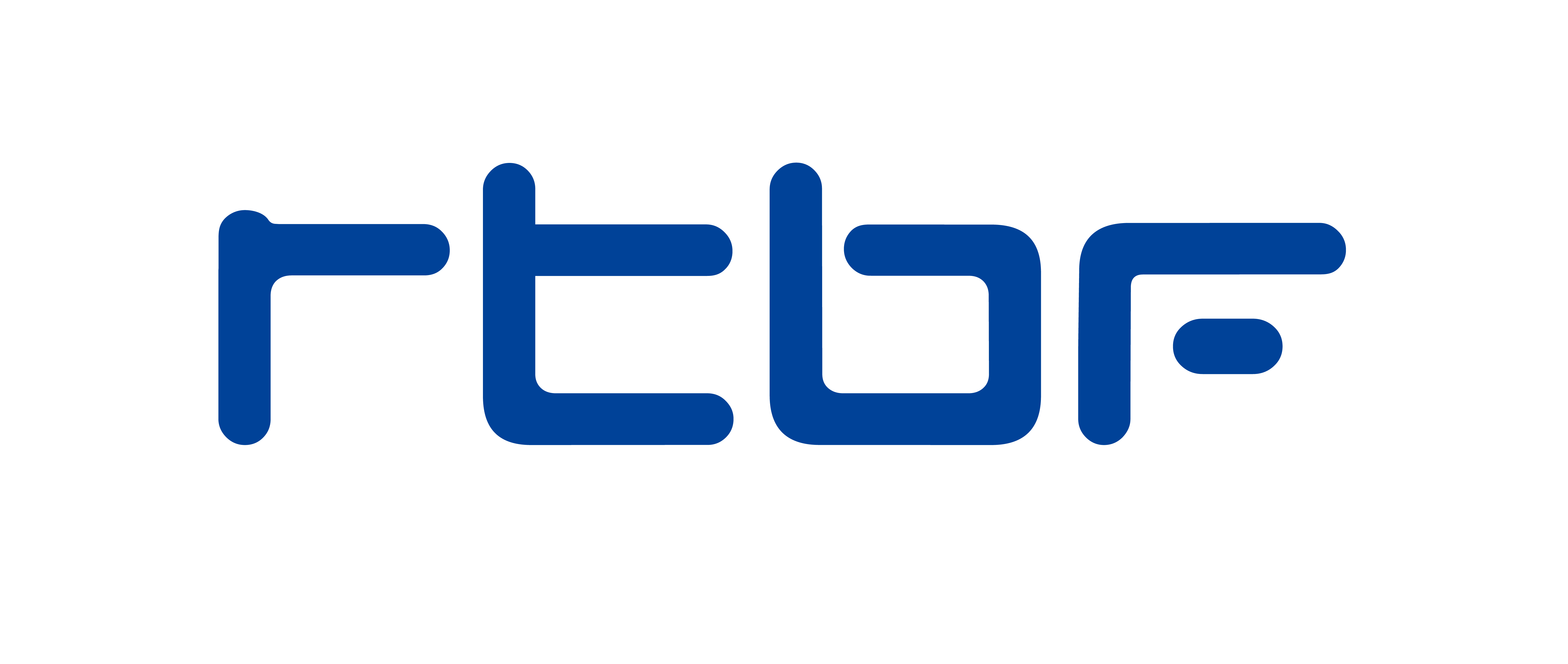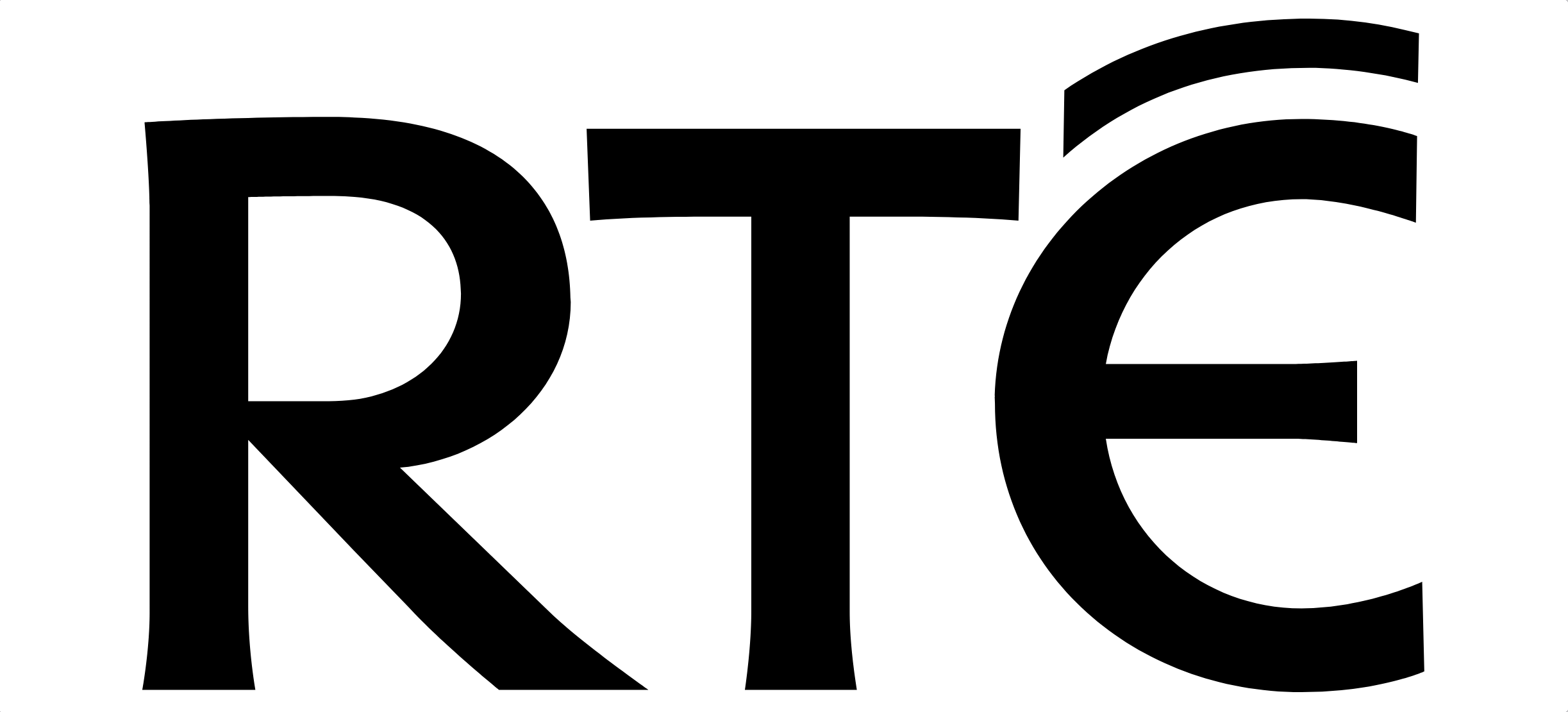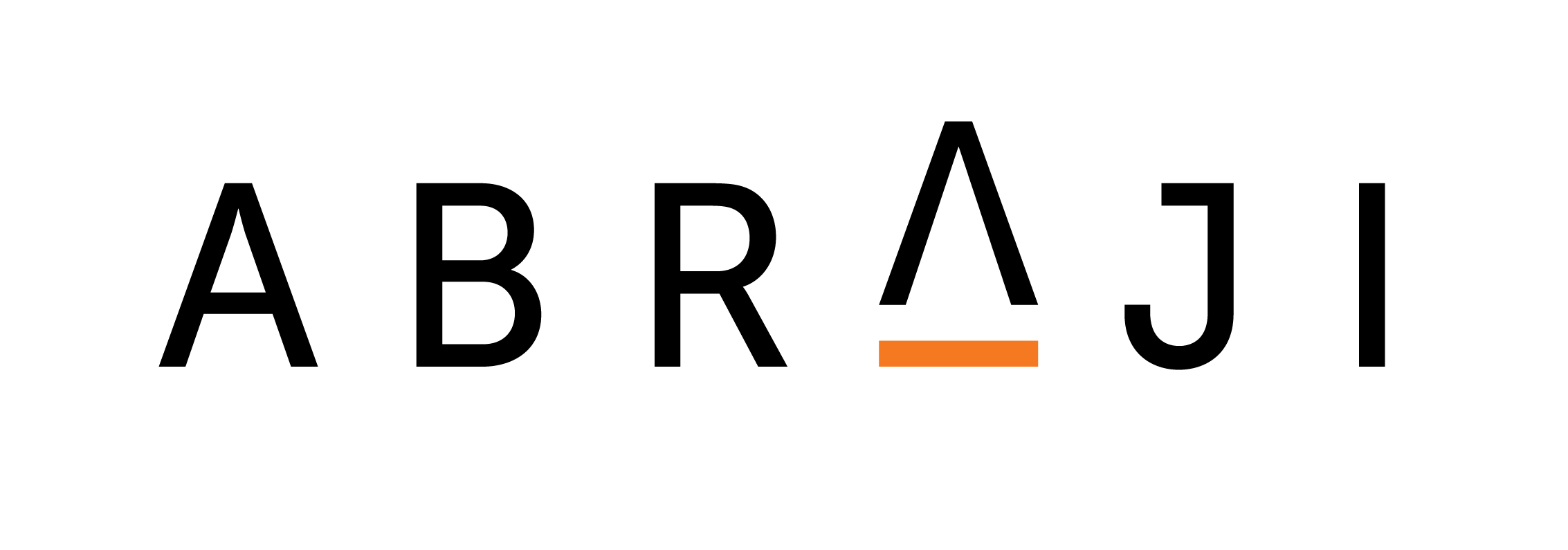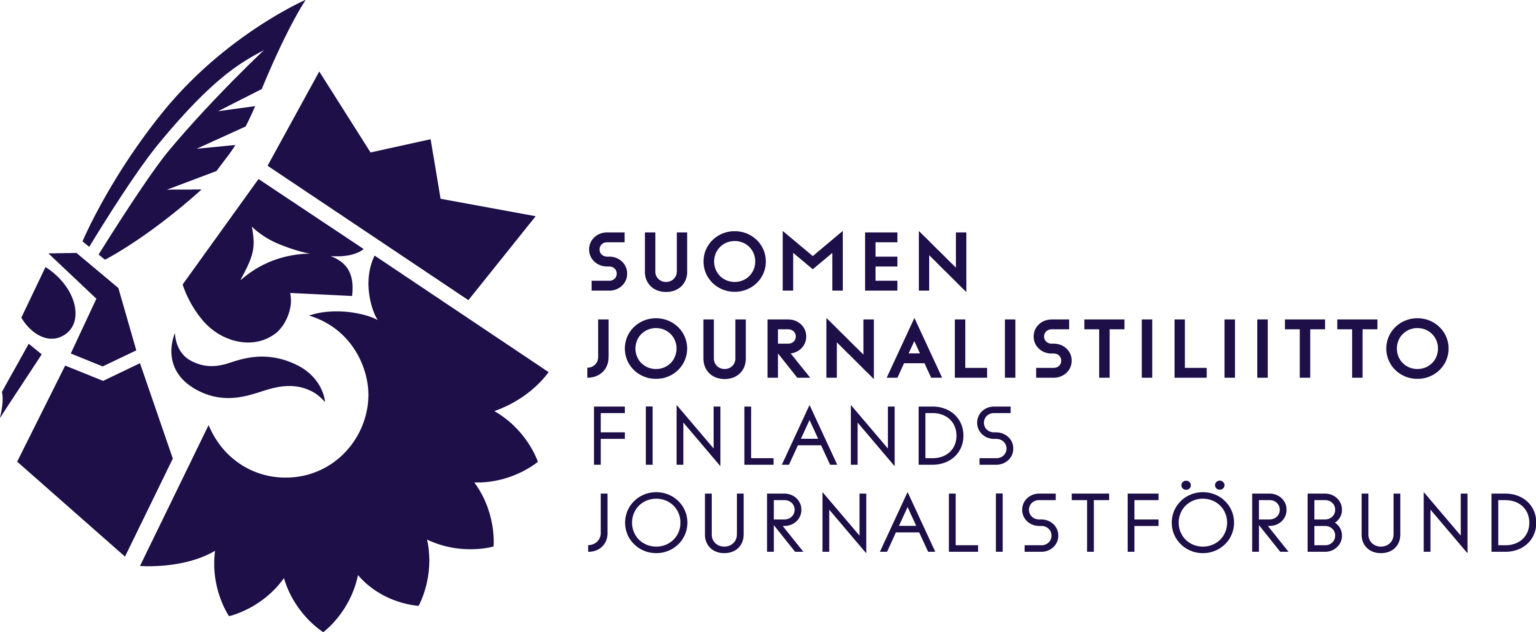INSI's Annual Report 2023 has been released. Download it now.
This year we marked INSI’s 20th anniversary. It now feels like a small miracle that we managed to squeeze in a proper in-person celebration in London, attended by INSI’s 50 member organisations and other allies, just before the awful events of October 7th and all that followed.
The September event at London’s Royal Geographical Society and subsequent INSI plenary summit at the Frontline Club gave us all a huge boost and renewed clarity about our purpose, focus and mutual trust as a network, just as we were about to need it so badly to deal with the most divisive, distressing and deadly
conflict for journalists in a long time.
The previous nine months had been marked by war in Ukraine and Sudan, devastating earthquakes in Turkey, Syria and Morocco, apocalyptic floods in Libya and ever-growing threats to journalism worldwide. It proved crucial that INSI members from around the world were able to meet in person to mark our collective achievements of the past 20 years but also forge a clear path ahead.
In an inspiring keynote speech, Nima Elbagir, CNN’s Senior International Investigative Correspondent, shared details of how risks and challenges have mutated during her reporting career, intertwining with INSI’s two-decade long history.
In particularly timely remarks, Nima also highlighted the growing threat by both rogue and state actors, and the devastating impact their attacks can have on journalists’ safety and mental health, particularly if they are ‘local’, or perceived as such, to the story. A short and powerful film, now published on our website, summed up, in the words of our members, how INSI enables the best and boldest journalism by putting risk management, cooperation and responsibility at the heart of the news media industry. As Richard Tait, one of INSI’s pioneering founders put it, “INSI’s fundamental achievement is that nobody in the industry today can pretend they don’t know what good safety standards are”. He also reminded us that there are still lots of colleagues working in dangerous environments without much protection or back up, and predicted our work will have to be redoubled over the next 20 years. Nobody doubted our toughest days may still lie ahead. We just didn’t know they were literally around the corner.
Two weeks later, Hamas launched their unprecedented attack inside Israel, which, in turn, declared war on Hamas in Gaza. We were in no doubt over the gravity of the news which had just broken and the ripple effect that a renewed conflict in Israel and Palestine would likely have around the world. Within minutes, INSI members began exchanging information about flights into Israel, land access from Jordan and PPE availability on the ground. Soon after, INSI secured emergency access to Dataminr’s alert system for members. Within a few hours, details about acts of hostility towards news teams began circulating within our confidential groups, as well as warnings of near-misses at members’ offices in Gaza.
It was clear to everyone in our group that this conflict was going to have a profound impact on staff and colleagues’ welfare, mental health, and even physical safety.
Seven journalists were killed on the first day of the conflict alone – four Israelis and three Palestinians. Within a few days, Reuters’ Issam Abdallah was killed
and AFP’s Christina Assi was severely wounded, by what were later confirmed as Israeli tank shells fired on their live position along the Southern Lebanon border. Five more journalists were wounded in that incident. INSI news outlets rallied together to help their colleagues both on the ground and remotely in any way they could.
As the IDF told our members they could not guarantee the safety of news bureaus or staff in Gaza either, there was a shocking realisation that traditional rules of engagement appeared to no longer apply. Since then, dozens more journalists and media workers have been killed in Gaza, the West Bank and Southern
Lebanon. Two months in, it’s the largest journalist toll in a conflict since records began. As international journalists have been prevented from entering the strip, Gazan journalists and freelancers have had to carry the burden of documenting the conflict alone, while struggling to survive with little or no food, water or
electricity, let alone safety. Al Jazeera’s Samer Abudaqa was killed in an Israeli drone attack and other journalists lost members of their family, even their children, yet have continued to work, in a display of resilience and dedication that commands the highest respect.
INSI members’ frantic efforts have been primarily focused on assisting local staff caught in harm’s way. We received dozens of individual requests for support and information in connection with sending money, moving and evacuating the injured, and tracking down the missing. Senior leaders within our network have been in regular contact over diplomatic efforts to get colleagues in need out of Rafah, and into Egypt.
From the vicarious trauma and moral injury of those affected by reporting on the horrors of Hamas’ October 7th attack and the subsequent war on Gaza,
to the agony suffered by Palestinian colleagues trapped in the strip with their loved ones, members have described this situation as unprecedented and even unbearable. To make things worse, the appalling rise in both antisemitism and islamophobia, both real and perceived, risks driving a wedge even between colleagues in the field and in the newsroom. We are hearing that a sense of impotence, anger and hopelessness is at an all-time high among journalists, including many of our members.
The extreme toxicity of the public debate about this conflict has only added to the psychological strain many journalists and news managers have been suffering over the past several weeks. News organisations and individual journalists are being singled out and viciously attacked in thinly veiled propaganda publications and by social media trolls. That’s not new and, sadly, has come to be seen by many as an occupational hazard.
Yet, what I perhaps find most dispiriting of all, is when I see some mainstream news outlets – none of them INSI members – piling on the bitterness and toxicity of the discourse around this conflict to undermine professional peers, by questioning the bona fides of their direct competitors’ work. Scoring cheap points at such difficult times only adds to the risk and tremendous stress that all journalists collectively face. It is also utterly self-defeating as we know that propagandists on all sides seek nothing better than to discredit journalism as a whole.
So, where do we go from here?
Journalists and media organisations desperately need each other at times like these. Funded by journalists and run by journalists, INSI works to make great allies of fair competitors so that those who cover the most dangerous and consequential stories of our times are properly supported, whatever their ethnicity, creed or identity may be. Journalism is not a zero-sum game and everyone who shares and applies these principles in good faith is most welcome to join us.
– Elena Cosentino, INSI Director
Download INSI's Annual Report 2023 now
Image by AFP


